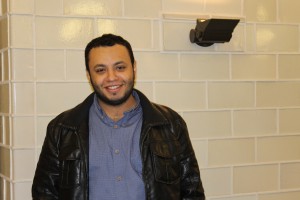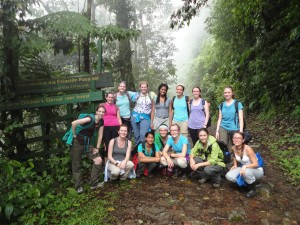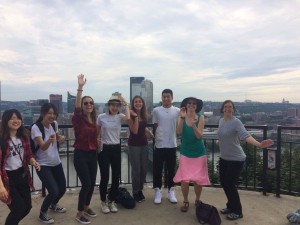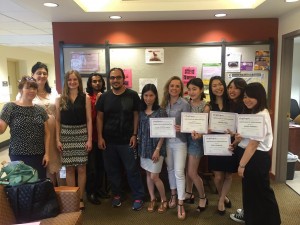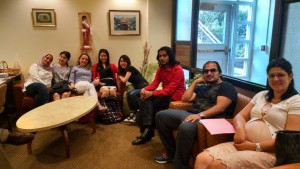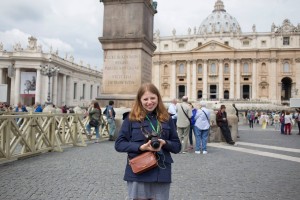9/6/2016, Tuesday, 11:30 a.m. -12:30 p.m. Study Abroad information session, A general information session for students interested in study abroad. Returnees will be available to talk about their experiences. Coolidge 044
9/8/2016, Thursday, 4:00 p.m. -5:30 p.m. Global Mixer, Social event to welcome new students, welcome back study abroad students and make some new connections. Mellon Board Room
9/12/2016, Monday, 12:00 p.m. -1:00 p.m. Vira I Heinz Leadership Program Information session, Sophomore and juniors – come learn about this leadership program and summer study abroad scholarship opportunity. Coolidge 044
9/13/2016, Tuesday, 11:00 a.m. -2:00 p.m. Study Abroad Fair, It’s a big world. Learn more through study abroad. Come find out about study abroad opportunities including exchange, summer programs and field experiences. Mellon Board Room
9/14/2016, Thursday, 4:00 p.m. -5:00 p.m. Maymester Field Experience Information Session, Hear from the Maymester faculty leaders about field experiences offered for May 2016. Sanger Hall (Coolidge)
10/5/2016, Wednesday, 12:00 p.m.-1:00 p.m. Study Abroad information session, A general information session for students interested in study abroad. Returnees will be available to talk about their experiences. Coolidge 044
11/1/2016, Tuesday, 4:00 p.m. Deadline to submit Vira I Heinz Scholarship applications. Falk 003
11/14 -11/18/2016, Monday-Friday, International Education Week, Chatham joins the US Department of State/US Department of Education’s celebration of the benefits of international education and exchange worldwide
11/14/2016, Monday, 7:00 p.m.- 9:00 p.m. International karaoke, Join students learning foreign languages and international students for a night of karaoke! Café Rachel
11/15/2016, Tuesday, 3:30 p.m. -5:30 p.m. International Affairs Open House, Come learn about the Office of International Affairs and the services and program available. Falk Basement
11/17/2016, Thursday, 2:00 p.m.- 5:00 p.m. International Education Symposium, At the International Education Symposium, held in honor of International Education week, we plan to invite a speaker, student papers and a reception. Welker Room
12/8/2016, Thursday, 3:00 p.m.- 5:00 p.m. End of term party.
For more information, please contact the Office of International Affairs, internationalaffairs@chatham.edu.


